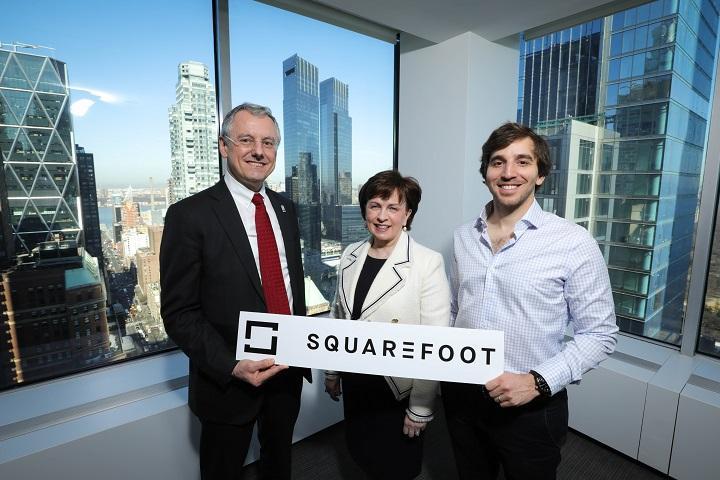
The UK has surged ahead in digital tech, despite missing out on the top spot for foreign direct investment (FDI), according to research from EY.
The professional services firm’s new report showed that the nation attracted 432 digital projects in 2019, which is a 36% increase on the previous year, and a 30% share of all European projects.
It achieved a 5% increase in inbound FDI projects compared to 2018, ending three years of declining European market share since the EU 2016 Referendum.
EY’s UK Attractiveness Survey has been ongoing yearly since 1997. This is the first time since then that the UK hasn’t occupied the first spot for FDI.
It now sits second behind France with Germany ranked in third place.
The EY report examines the performance and perceptions of the UK as a destination for FDI, and this year included a survey of 800 international investors looking at the impact of COVID-19 on investment.

Belfast ranked fourth place in UK's Core Cities
Northern Ireland secured 28 new projects in 2019 compared with 33 in 2018, but Belfast secured 22 new projects last year representing a 10% increase on 2018.
The capital city retains fourth place in the UK’s ‘Core Cities’ according to research by EY and the Centre For Towns.
It is surpassed only by Manchester, Birmingham, and Glasgow.
RELATED: An overview of NI's digital transformation
The research suggests that NI should remain relatively resilient in its ability to attract FDI this year, despite the impact of COVID-19.
The report indicates that investor intentions towards the entire UK, compared to other FDI destinations in Europe, remains relatively positive when looking beyond the immediate impact of the coronavirus pandemic.
Survey respondents said that 65% of planned projects were still going ahead – including 6% who had actually increased their investment in light of COVID-19 – with only 3% saying they had completely cancelled their plans.
The corresponding figures for Europe revealed a more cautious approach from investors, with 66% planning to decrease investment and 23% pausing it, against 17% and 15% respectively for the UK.
RELATED: Tech Craic: EY's Neil Gibson - Economic impact of COVID-19

Michael Hall, managing partner at EY NI said: “The evolution of FDI we are seeing across the UK is very evident in Northern Ireland.
"The emergence of clusters in film and media, cybersecurity and legal services in recent years typify this transformation. This is incredibly helpful with the twin challenges of Covid and Brexit creating a less ideal investment environment.”
RELATED: Belfast ranked third Fintech location of the future for 2019/20
Investing for recovery
EY’s analysis shows that investment projects from European companies into other European countries represented more than half (52%) of FDI in the past three years.
Michael added: “Brexit appears to be having little impact on US investors across the UK and there is the possibility that NI will present a unique investment opportunity when the UK leaves at the end of the year. This depends upon what form of agreement is reached and the specific treatment of NI within that.”

US investors including real estate firm, SquareFoot seem unfazed by Brexit
The ongoing transformation of FDI is expected to continue given the views of survey respondents. 39% of respondents ranked CleanTech first in terms of its potential to drive economic growth across Europe in the coming years. The digital economy sector ranks second, and the health care and wellbeing sector third.
RELATED: EY Ireland predicts 6.7% to 10% drop in NI GDP due to coronavirus, with a recession likely
The Republic of Ireland attracted 191 projects in 2019, a 7% decrease on the 2018 figure of 205.
Feargal De Freine, partner and head of FDI at EY Ireland said: “The impressive growth in digital tech investments, and Belfast’s continued strong performance, are noteworthy elements of the UK results.
“While the reduction in the total number of projects on the island of Ireland may attract attention, it’s important to note that, for some time, the focus has been on the value and quality of the FDI rather than the volume. The new projects secured reflect an extension of the investor and project base, rather than solely building on past successes.”
RELATED: Digital transformation has saved businesses during the COVID-19 outbreak